When Children Believe They Know More Than Their Parents
The Dynamics of Parent-Child Relationships
In the ever-evolving landscape of parent-child relationships, one common challenge that many parents face today is when their children start to believe they know more than their parents. This phenomenon can be both perplexing and frustrating for parents, but it's essential to understand the underlying dynamics and how to navigate this phase effectively.
The Transition to Independence
As children grow and develop, they naturally seek independence. This desire for autonomy is a healthy part of their development, signaling their readiness to explore the world and make decisions on their own. However, this transition can sometimes lead to clashes with parents who have years of life experience.
Communication Is Key
Effective communication is at the heart of resolving conflicts when children believe they know more than their parents. Parents should create an open and non-judgmental space for their children to express their thoughts and opinions. Active listening is crucial during these conversations, allowing children to feel heard and respected.
Encouraging Critical Thinking
Rather than dismissing their children's ideas outright, parents can encourage critical thinking. Ask questions that prompt them to consider different perspectives and consequences of their choices. This approach fosters a sense of responsibility for their decisions.
Setting Boundaries
While fostering independence and critical thinking is essential, parents should also establish clear boundaries. These boundaries provide a framework within which children can explore their independence safely. Consistency in enforcing these boundaries is key to maintaining a healthy balance.
Leading by Example
Parents can also lead by example by demonstrating humility and a willingness to learn. When children see their parents admit mistakes and seek to improve, it sets a powerful example of lifelong learning and growth.
Seeking Professional Guidance
In some cases, conflicts between parents and children may require the assistance of a professional counselor or therapist. As a Pastoral Counselor, I understand the importance of seeking guidance when faced with challenging family dynamics. Sometimes, an impartial third party can help bridge the gap and facilitate healthier communication.
Summary
In the journey of parenting, it's natural for children to believe they know more than their parents at certain stages of their development. However, by fostering open communication, encouraging critical thinking, setting boundaries, leading by example, and seeking professional guidance when necessary, parents can navigate this phase with patience and understanding. Remember that every child is unique, and the key is to support their growth while maintaining a loving and respectful relationship.
